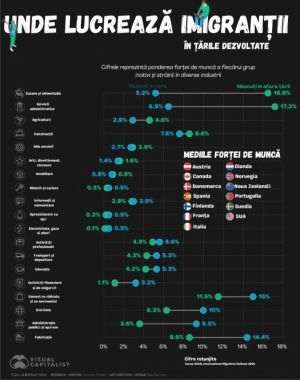A huge shift in thinking and action around energy efficiency and cleaner fuels is taking place in the power utilities sector, according to the ninth annual PricewaterhouseCoopers report "Energy and Efficiency: Utilities Global Survey 2007". The annual survey goes to the heart of boardroom thinking of 114 power companies in 44 countries and this year reveals a complete shift in the extent to which energy efficiency, renewables and nuclear power are at the top of company agendas.
Utilities companies worldwide expect wind and nuclear power to provide an increasing share of their market"s energy consumption in the next five years. Last year, only 17% and 19% were looking toward these two fuel sources. By 2007, in the space of just 12 months, they were being mentioned by 48% and 45% of respondents. Climate change appears to have cemented its place in utility company strategies. But the report warns that, without effective and consistent world-wide regulatory and market frameworks, actual progress may be limited.
The survey shows an industry that believes that technological advances can take the world into a new era of energy efficiency. Expectations that technology can have an impact on energy efficiency have again shot up over the last 12 months - from 22% to 81% among American respondents, from 33% to 43% in Europe and from 41% to 62% world-wide.
Utility companies believe that the greatest energy efficiency gains could come from end-users, of all kinds - industrial, commercial and, especially residential customers. Although utility companies feel that governments and end-users must set a lead on energy efficiency, companies are ready to invest significantly in efficiency, not just in their own production and transmission but also to help their customers become more energy efficient. Indeed, 72% of respondents from companies with supply businesses are making some investment in demand-side efficiency measures.
Concerns about security of supply are intensifying. Utility companies across the world report that they expect to have to deal with supply and demand conditions that are significantly or, indeed, "immensely" challenging (figure 10). Seventy-one per cent of respondents rated the outlook in these terms - a major rise from 51% in 2006. This includes 62% of North American respondents, 88% in South America, 70% in Europe, 76% in Australia and New Zealand, 66% in the BRIC countries and all respondents in the Middle East and Africa.
Forty-eight per cent of utility company executives say they expect regulatory moves to unbundle transport and transmission distribution from vertically integrated businesses will have a strong or very strong impact on their power and gas market in the period ahead. Indeed, a third (32%) of all respondents world-wide say they will reposition their company in the value chain in the next five years, including 40% of Americas and 34% of European respondents. A similar proportion of respondents say that they also intend to reposition by country.
For the first time, skills and knowledge shortages are becoming a leading factor in M&A activity. They were mentioned by just a third of respondents as a deal driver in 2006 but, by 2007, this had increased to half. Shortages of knowledge and skills are becoming a crunch issue for utility companies world-wide. Investment in infrastructure, new generation and technology is driving up the demand for expertise. However, this is against a background of an ageing workforce and, in some countries, fewer graduates studying relevant engineering subjects.

























































